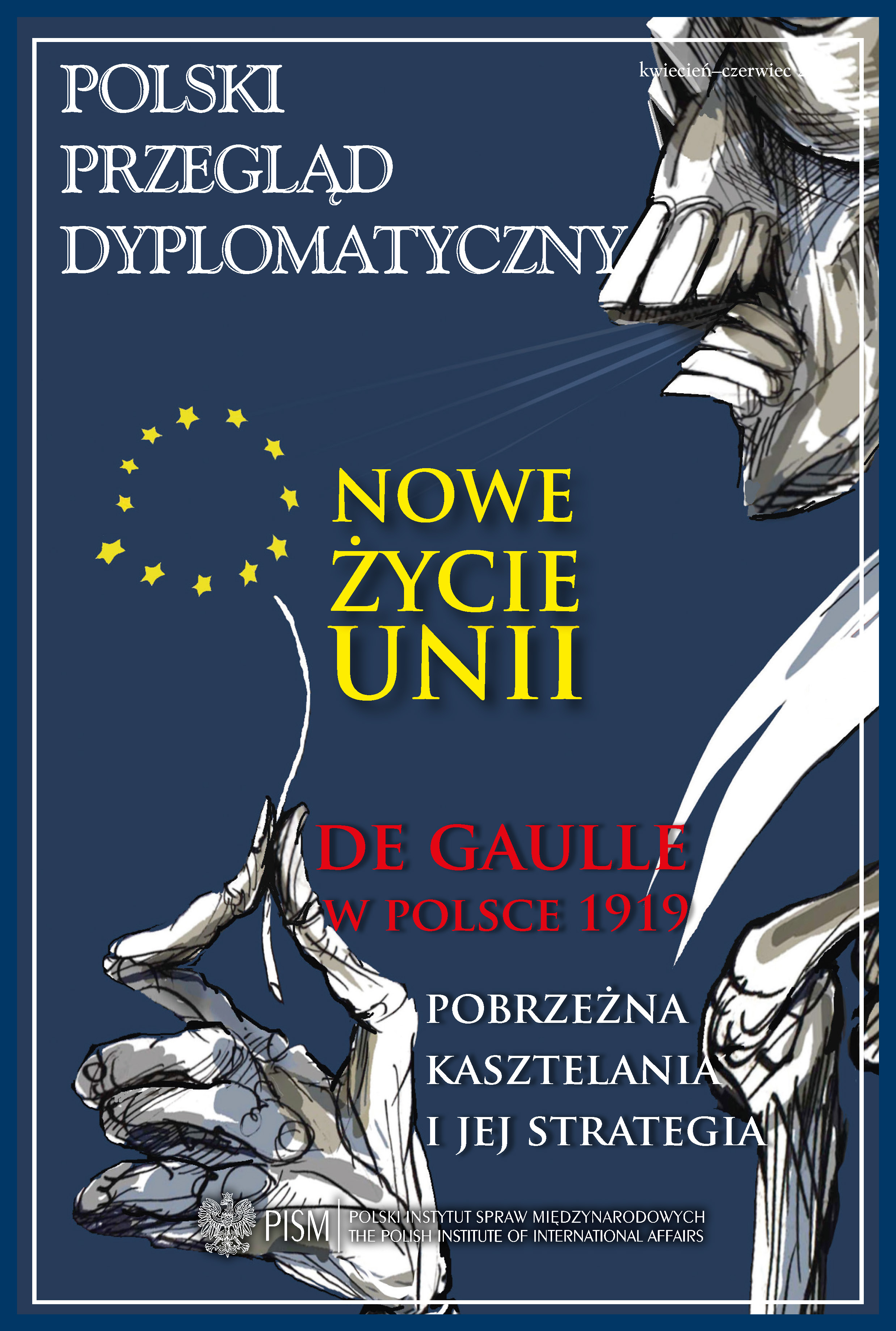
Transformacja energetyczna na obszarze Trójmorza w latach 1988–2018
Authors presents a short story of the energetic changes and backgrounds of the change in the region which became later a “Trimarium”.
More...We kindly inform you that, as long as the subject affiliation of our 300.000+ articles is in progress, you might get unsufficient or no results on your third level or second level search. In this case, please broaden your search criteria.

Authors presents a short story of the energetic changes and backgrounds of the change in the region which became later a “Trimarium”.
More...
Author coments on German state hypocrisy in the issue of German-Russian Relations
More...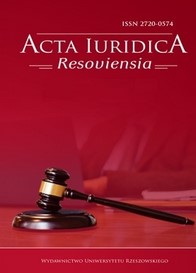
The subject of this article is an attempt to define the planes allowing for cooperation between environmental organizations and public administration bodies in the proceedings aimed at issuing an environmental decision, also from the perspective of the latest amendment to the act of Providing information on the environment and its protection, public participation in environmental protection and environmental impact assessment, granting these organizations a number of rights allowing them to suspend the enforceability of the decision and thus block the entire process in-vestment – so there may be an abuse of the use of the granted procedural rights. An attempt was made to formulate de lege ferenda conclusions, the implementation of which could broaden the area of cooperation of environmental organizations in the proceedings aimed at issuing environ-mental decisions, while limiting their actions blocking investments.
More...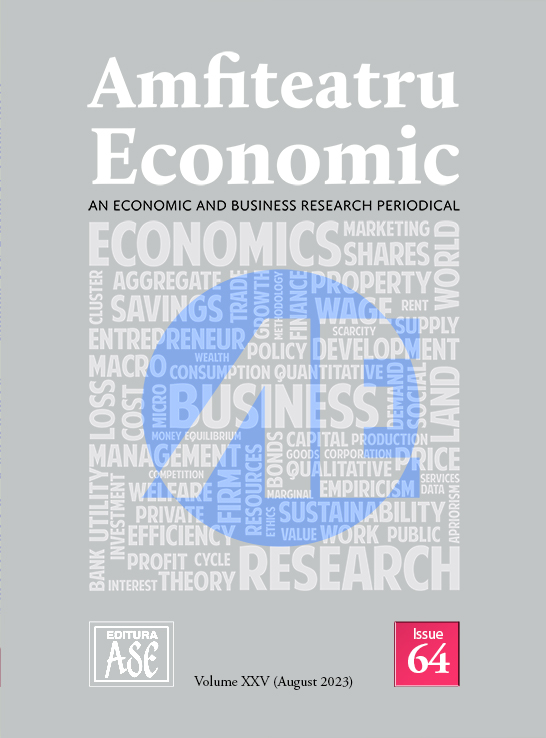
Reducing energy consumption has important implications for the sustainable development of society, but this consideration has become more stringent in the actual geopolitical context. Following the strategic directions established by the European Green Pact and "NextGenerationEU", a concrete action of the European Commission was the elaboration of the REPowerEU Plan, which aims to make Europe independent from Russian fossil fuels before 2030 and transition to green energy. In this context, in order to know the attitude, behaviour and future intentions of Romanian consumers toward voluntary measures aimed at reducing energy consumption, quantitative marketing research was carried out, in which data collected through a questionnaire led to the identification of new factors that can influence energy saving behaviour: the level of information of household consumers and the level of perceived importance, compared to voluntary measures to reduce electricity consumption. Although the research results cannot be extrapolated to the level of the entire Romanian population, but only to certain segments, the authors consider the association of consumption behaviour with two important factors, which have not been analysed in the scientific literature so far, to be a success. This analysis is necessary to understand, improve, and align the actions of domestic consumers with the strategic plans of the European Union for the implementation of measures to reduce energy consumption.
More...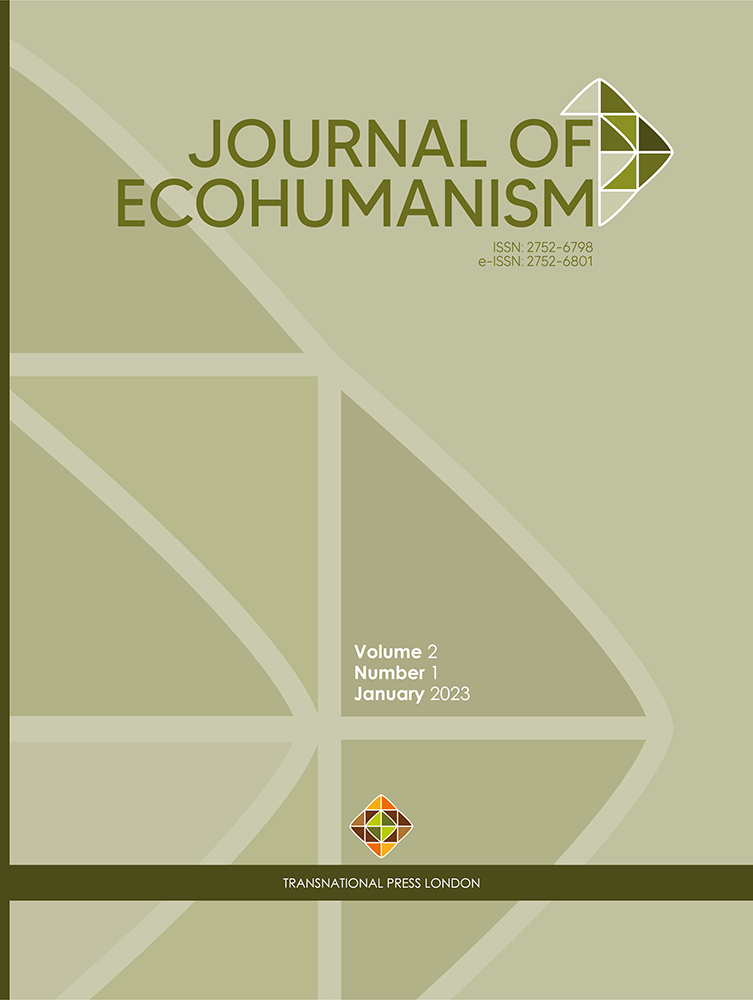
Biomimetics is the science of applying nature-inspired designs and processes to human engineering and social innovation in order to solve complex problems. Emulating life’s blueprints and patterns, chemical processes, and ecosystem strategies leads to sustainable and regenerative solutions for a biosphere able to support all life on our planet. In a similar vein, Biomimetic Leadership encourages western 21st century leaders to rediscover the value of nature, apply life’s design principles, and utilize biomimetic thinking for the sake of improving organizations. Four core beliefs—Respect, Relate, Reflect, and Replicate—provide the foundation for Biomimetic Leadership as a new type of leadership. Each belief is a source of inspiration and offers insights into a hands-on approach to leading in an era of unprecedented environmental and economic concerns. Educating leaders for Biomimetic Leadership is a challenge that must be addressed by organizations with the objective of reaching equality, and by doing so, focusing on incorporating the four core beliefs described in this paper.
More...
Anna Stenning does in the anthology Neurodiversity. A New Critical Paradigm (2020) introduce an autistic ethics using the autobiographies of Greta Thunberg (No One Is Too Small to Make a Difference (2019)) and Temple Grandin (Animals in Translation (2005)). Stenning points to how this autistic ethics do expand its acts of care to the more-than-human. Grandin describes her being in the world as more attuned to animals than humans. Thunberg argues that her Asperger’s is the reason why she can care so totally for the climate. This article further investigates the intersection of autism and the more-than-human, or the post humanist. Using the works of openly autistic authors Madeleine Ryan (A Room Called Earth (2020)) and Hannah Emerson (You Are Helping This Great Universe Explode (2020)) as well as Emily Dickinson, posthumously diagnosed with autism. I investigate the autistic theme of nature and the autistic relationship to other species. This relation often seems to be stronger and more genuine than the relation to other humans. I propose that the autistic sense of the more-than-human is at once a response to the oppressive view of the autistic as less-than-human – a way of finding one’s allies outside the realms of human civilization – and a special kind of autistic worldly spiritualness that includes an ethics that do not segregate one life form from another.
More...
Review of: Horn, Eva, Bergthaller, Hannes, (2020). The Anthropocene: Key Issues for the Humanities, Routledge, 2020, 192 pages, 14 B/W illustrations. US$44,95 ISBN: 9781138342477
More...
Review of: Blazan, Sladja (Ed.). (2021). Haunted Nature: Entanglements of the Human and the Nonhuman. Palgrave Macmillan. ISBN 978-3-030-81868-5.
More...
This brief essay engages with environmental stewardship and scale in the Anthropocene. Taking inspiration from Kees Boeke’s illustrated children’s book Cosmic View: The Universe in 40 Jumps and Charles and Ray Eames’s Powers of Ten—a short film based on Boeke’s book—this photo essay illustrates how, through the production of eco-art, the practice of macro photography can suggest the presence of worlds within one’s world. Creative engagements are offered so that children and adults, who must all live through and contend with the Anthropocene, might appreciate notions of environmental scale, particularly in relation to our ecological footprints over time. In so doing, visual media such as illustrated books, films, and macro photography encourage sustainability on a larger scale than humanity has yet to imagine.
More...
Discussions and practices for biodiversity and the environment are associated predominantly with duty ethics, which spell out the do’s and don’ts of good behavior. Virtue ethics offer an alternative that is much more inspirational, provided we do not reduce it to a mere enumeration of environmental virtues. Moreover, a virtue ethic is truly humanistic, in that it builds on inborn human capacities rather than on external sources of morality. Grounded in the classic Greek account of virtue ethics and in interaction with medieval and modern visions, this paper articulates a virtue ethic for the Earth. Accessible to a broad audience, we address the foundational concepts of nature-inclusive telos, eudaimonia, virtues and friendship, and connect these with social-scientific research findings. This elucidates how the virtues, sometimes supported by moral exemplars, work in lives that include nature in their flourishing. A virtue ethic for the Earth, we think, can be helpful for policy making but most of all act as a platform for people to become more inspired, courageous and effective friends of nature and the planet as a whole.
More...
This commentary to Robert Biel’s book, The Entropy of Capitalism, defines the tasks of international security on the terms of a systems theory that asks how the system reproduces itself. The matter, energy, and information that go into its successful reproduction are also ecological challenges to this very system because the processes that generate the order of the system are the same processes that generate an entropy for the system that it must confront. The system confronts its own waste and the manner in which it does so, on Biel’s account, establishes its pathways of future development, including the ways in which the system is constrained. The commentary reaches beyond Biel’s framework by deepening his understanding of the structural embeddedness of capitalist development, including its surveillance stage, but it ends by defending Biel against his critics. Critics of Biel’s preference for low-input strategies of future development run astray, I suggest, in their neglect of Biel’s core insights into how an analysis of entropy is so essential to an understanding how the capitalist system works.
More...
Review of: Schneider-Mayerson, M., & Bellamy, B.R. (Eds). (2019). An Ecotopian Lexicon. University of Minnesota Press.
More...
Review of: Riccardo Moratto, Nicoletta Pesaro, and Di-kai Chao. (Eds.). (2022). Ecocriticism and Chinese Literature: Imagined Landscapes and Real Lived Spaces. Routledge. DOI: 10.4324/9781003212317. ISBN: 978-1-003-21231-7 (ebk)
More...
This review critically examines Lisa E. Bloom's Climate Change and the New Polar Aesthetics (2022) by studying the book’s key methodological and analytical approaches to contemporary visual art on the poles. I locate Bloom's work as part of a larger discourse on Ice Humanities and highlight her own contribution to the field by focusing on the book's reconfiguration of critical environmentalism through intersectional feminist, indigenous, and transnational frameworks. The review also discusses the dual role of aesthetics in both shaping hegemonic perceptions of the poles and in articulating strategies for their subversion.
More...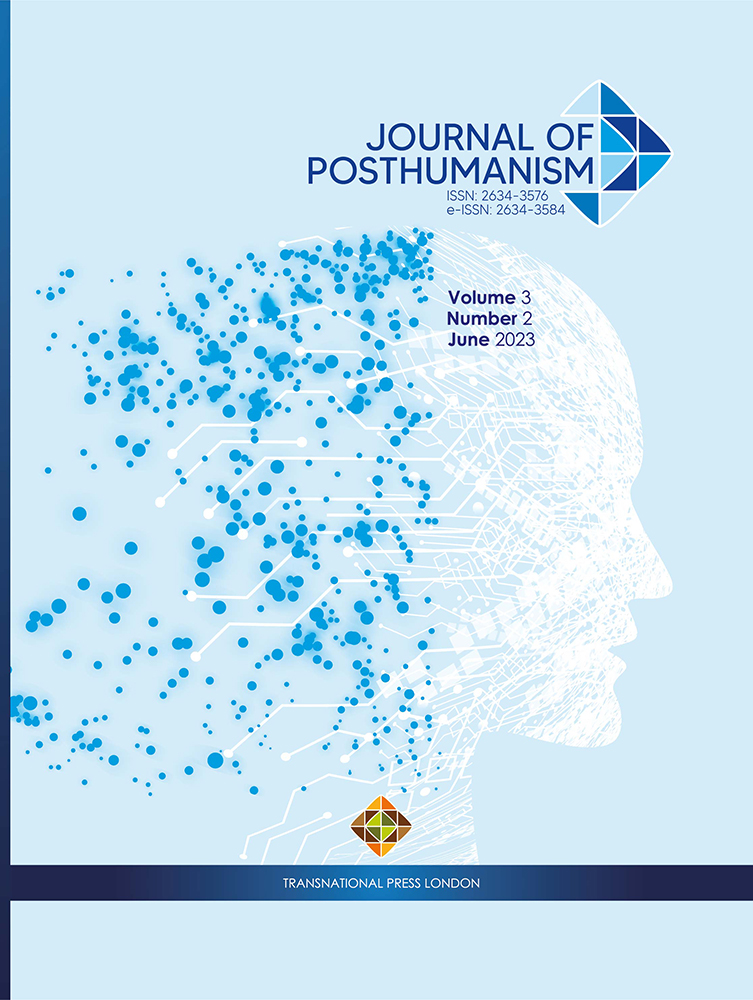
The Metahuman Futures Manifesto has been revised and approved by the Lesvos Metahuman Futures Assembly-Chorus, following the first draft discussed at 1st Metahuman Futures Forum in Lesvos in 2022.
More...
The Science Fiction genre has been a means for humans to comprehend reality. A major part of the fantasies in the genre is cross-species beings of human and animal DNA. Recent studies show that in some countries the legislative framework accepts research and experimentation with guinea pigs to create cross-species beings with transhumanistic purposes. According to Bokota the umbrella term to refer to the results of the above phenomenon is Chimeras. The results of this technological process are unquestionably impressive but, who has gotten permission from these animals to use their bodies and take their genetic material for the possibility of humans to survive a bit longer than expected? This study focuses on the definition of the human, the monster, and their bodies, on bio-ethical issues that highlight the fragile equality of beings and answers to the question of whether Chimeras can be an alternative term to refer to Posthumans.
More...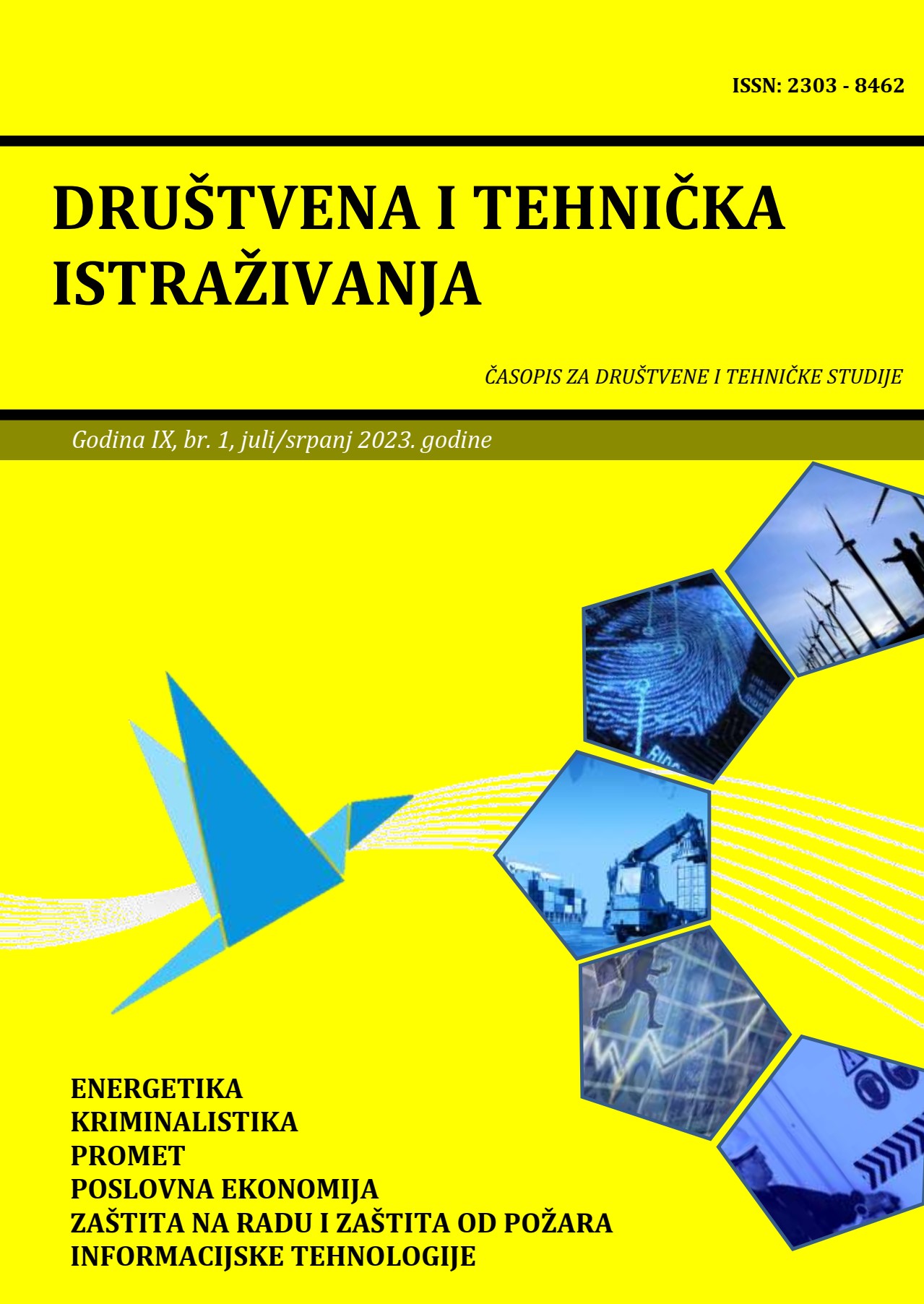
The text discusses the critical issue of environmental and ecological security and emphasizes the need for a comprehensive scientific approach to solving these challenges. The paper highlights the interconnection of human activities, the ecosystem, and the natural environment and the potential consequences of neglecting their interdependence. The text explores various aspects of environmental and ecological security, including climate change, biodiversity loss, pollution, and resource depletion. It emphasizes the importance of adopting sustainable practices, implementing effective policies, and promoting awareness and education in preserving the future of our planet. The importance of understanding and mitigating the impact of human activities on the environment is also highlighted in order to ensure a sustainable and secure future for generations to come.
More...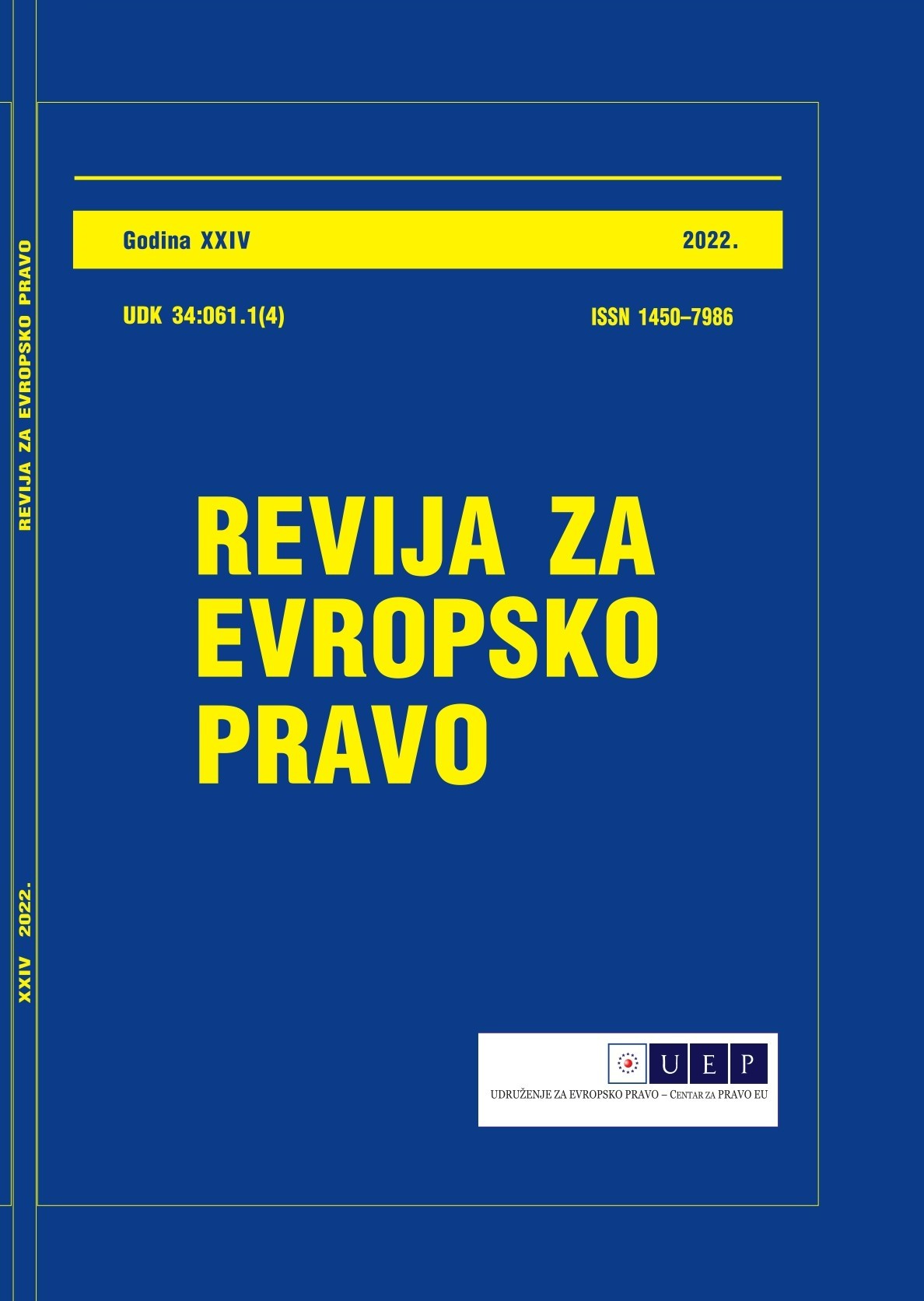
Competition law, especially after the advent of the so-called Chicago School, has often been viewed as a policy interested in the pursuit of economic efficiency only, and sometimes it has also been enforced accordingly. However, the call to improve – if not save – the conditions of the environment in which we live has become urgent for our economic, social and legal systems. Therefore, every policy, competition law included, must play its part, as the protection of the environment represents a core value of our societies’ constitutional foundations. In the context of competition law, this means allowing sustainability agreements aimed at pursuing environmentally friendly objectives, such as new products or productive processes. This can be reached through various means, especially by means of the exemption provided by Article 101, paragraph 3, TFEU. This article will analyse the various approaches that can lead to an innovative and environmentally friendly application of competition law, bearing in mind that the inclusion of these concerns in the assessment of competition law cases is rooted in the ‘multi-value’ approach to competition required by the EU Treaties.
More...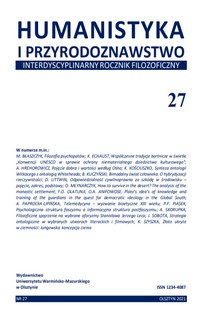
Environmental economic valuations are often presented as means to rationalize decision-making. A critical blind spot of this argument is that it ignores pervasive environmental inequalities. The author of article criticizes the literature entrenching this credentials of economic approaches to rationalize decision-making and argues that the key for economic valuations to truly contribute to rationalization is that their usage should be embedded in the deployment of what is called a justificatory task. Then the author takes advantage of an analysis of the notion of rationality, when applied to decision-aiding processes, to translate this reasoning into the concrete terms of applications of environmental economic valuations.
More...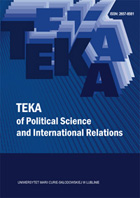
The main theme of the article is the analysis of the concept of energy democracy, of which prosumers of renewable energy sources are an essential element. Moreover, it is impossible to describe the advantages without mentioning the disadvantages in this field, which have also been addressed by the author. The purpose of this article is to show the complexity of the prosumer concept in the national and indirect EU law, and thereby the problems related to the regulation of rights and obligations occurring at the prosumer level.
More...